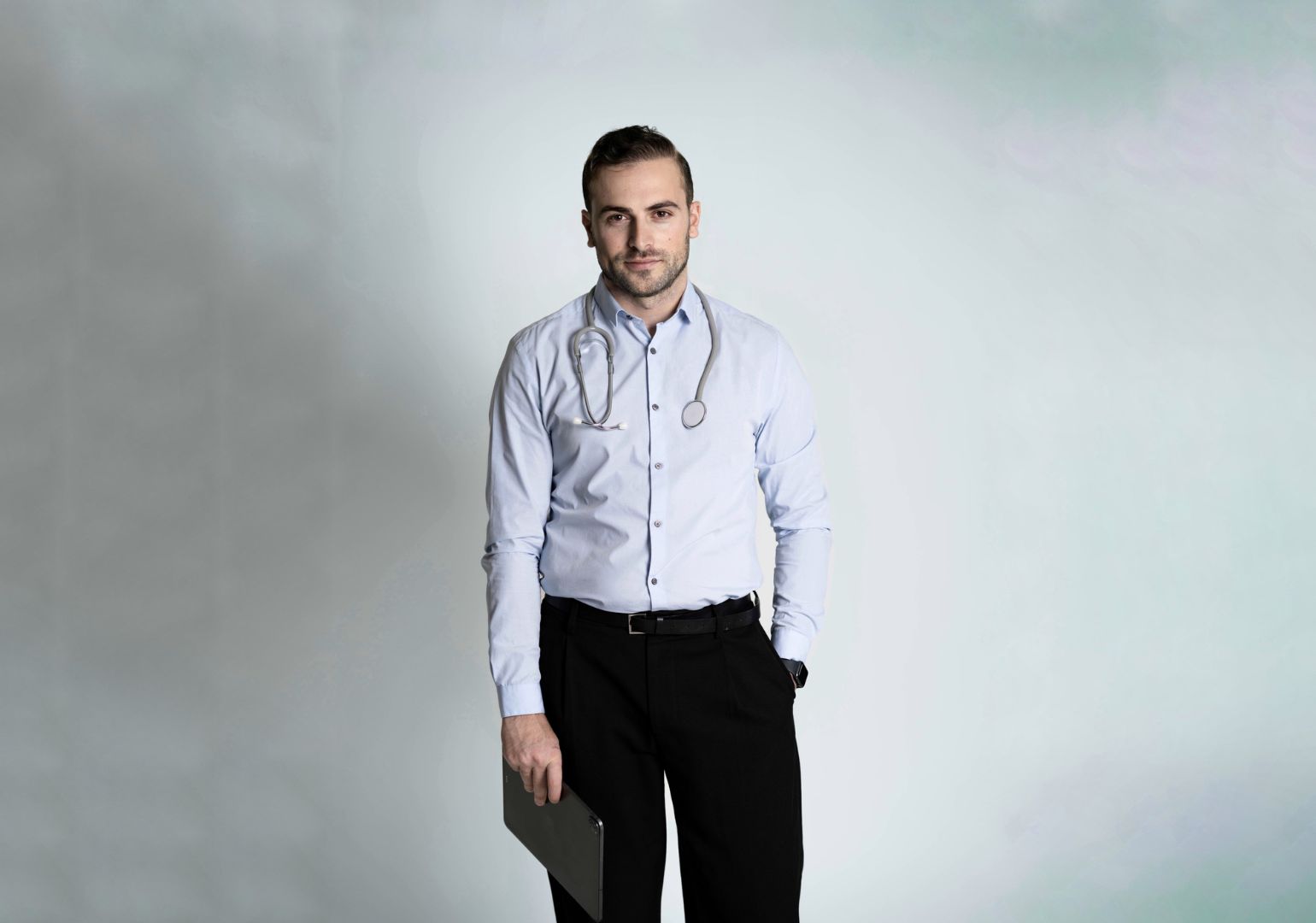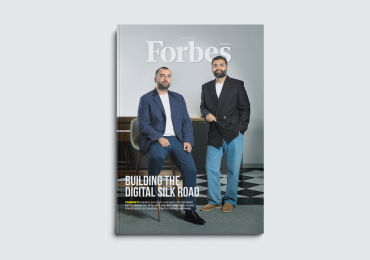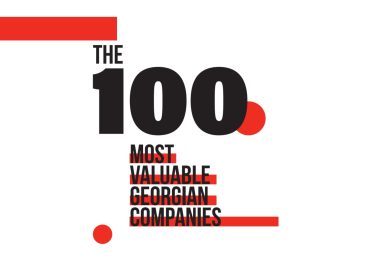Giorgi Sinauridze, a key figure in telemedicine, has been instrumental in guiding Georgia toward a future of accessible and equitable healthcare. This article highlights his remarkable collaborations with The Ministry of Internally Displaced Persons from the Occupied Territories, Labour, Health and Social Affairs (MoIDPLHSA) and international organizations like the European Union, the United Nations(WHO, UNOPS,Unicef,UNFPA) and Leaders Of Tomorrow, emphasizing his extraordinary contributions to telemedicine.
Sinauridze’s dedication extends beyond typical healthcare provision, touching the core of societal wellness. He has surmounted challenges, created partnerships that have bolstered his mission, and made substantial progress toward a healthier, more interconnected Georgia.
Giorgi, your unwavering commitment to telemedicine in Georgia, especially in rural areas, is commendable. What inspires your dedication to enhancing healthcare accessibility?
Giorgi Sinauridze: I appreciate your recognition. My drive is rooted in the belief that every Georgian deserves access to healthcare, irrespective of their geographical location. The difficulties in accessing specialized healthcare in rural areas necessitated telemedicine as a solution to bridge this disparity. The tangible positive impact on individuals with limited healthcare access fueled my dedication to this cause.
Your leadership in the EU-UN digital health project is critical. How has this initiative tackled the challenges of the COVID-19 pandemic in rural Georgia?
Giorgi Sinauridze: The EU-UN project has been transformative, directly combating the pandemic’s challenges by equipping 200 rural facilities with essential tools and 50 additional facilities with telemedicine technology. More than just addressing COVID-19, this initiative ensures continuous healthcare for chronic conditions and routine health services, setting a foundation for a resilient healthcare system in Georgia.
Carl Hartzell, the EU Ambassador, stresses the importance of expanding healthcare services in Georgia. How does this project align with that goal, particularly in rural settings?
Giorgi Sinauridze: This project is pivotal in expanding healthcare reach to remote areas, reflecting the EU’s commitment to the health of Georgian citizens. Introducing telemedicine in primary healthcare clinics in rural areas has markedly enhanced our healthcare system, empowering local doctors with advanced diagnostic tools. This initiative has been instrumental in addressing immediate healthcare needs and laying a sustainable groundwork for digital health and telemedicine in Georgia.
Silviu Domente from WHO talks about establishing a robust foundation for digital health and telemedicine. What is your vision for this project’s impact on Georgia’s healthcare future?
Giorgi Sinauridze: In the short term, this project is a vital response to the COVID-19 crisis, mitigating its impact on our population and healthcare system. It broadens access to healthcare, especially in rural regions. Looking forward, it prepares the groundwork for a resilient primary healthcare system, integrating telemedicine capabilities, thus contributing to universal health coverage and equitable healthcare access, marking a significant shift in Georgia’s healthcare scenario.
Securing a $50,000 grant from Leaders Of Tomorrow (LOT) for telemedicine research is remarkable. How do you see this research influencing the development and optimization of telemedicine?
Giorgi Sinauridze: The LOT grant presents a significant opportunity for in-depth research on telemedicine’s benefits and challenges. This research aims to provide insights that extend beyond improving current telemedicine initiatives. It plays a vital role in the global conversation on telemedicine’s efficacy and challenges, ensuring our initiatives have local impact and international resonance.
What specific challenges have you faced in implementing telemedicine in rural Georgia, and how does the EU-UN project address these?
Giorgi Sinauridze: Key challenges included limited healthcare access in rural areas, exacerbated by poor internet connectivity and digital literacy. The EU-UN project confronts these challenges by providing rural facilities with the necessary tools, telemedicine technology, and online training to enhance healthcare provider capacity. This ensures even the most remote communities receive quality healthcare.
Looking forward, what role do you see for telemedicine in shaping Georgia’s healthcare landscape, and how do you envision your involvement?
Giorgi Sinauridze: Telemedicine is set to be a crucial component of Georgia’s healthcare system. Its ongoing impact will be significant in providing equitable healthcare access, particularly in underserved areas. I see myself playing an integral role in this evolution, steadfastly committed to fostering a healthier, more prosperous future for all Georgians.
Forbes Georgia: სარედაქციო გუნდი

















